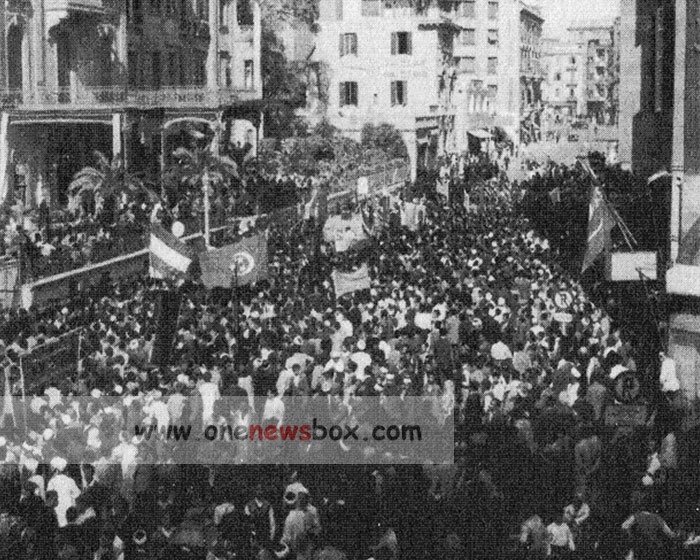Mossadegh’s Influence in Egypt’s Anti-Colonial Struggle
Mossadegh’s leadership, particularly his bold move to nationalize Iran’s oil industry in 1951, was perceived as a beacon of hope for many Egyptians who were seeking to rid themselves of British influence. At a time when Egyptian leaders were grappling with the dual pressures of royalist support and British military dominance, Mossadegh’s defiance against the British represented an example of what Egypt could aspire to. His actions in Iran were viewed as a model for Egyptian intellectuals, journalists, and politicians, who saw his success as a potential blueprint for their own struggle against British domination. Mossadegh’s vision of economic and national independence offered a compelling alternative to Egypt’s continued subjugation under British control.
The solidarity between Iran and Egypt during this period was not just political but cultural as well. In 1939, the marriage between Iran’s Crown Prince Mohammad Reza Pahlavi and Egyptian Princess Fawzia highlighted the growing ties between the two nations. This high-profile union, while politically motivated, also helped bridge cultural divides between Iran and the Arab world. Despite the eventual divorce in 1948, the marriage left a lasting impression on Egyptians, fueling curiosity about Iranian affairs and aligning the two nations in their broader anti-imperialist goals.

